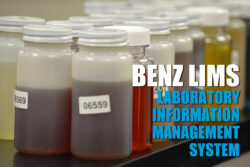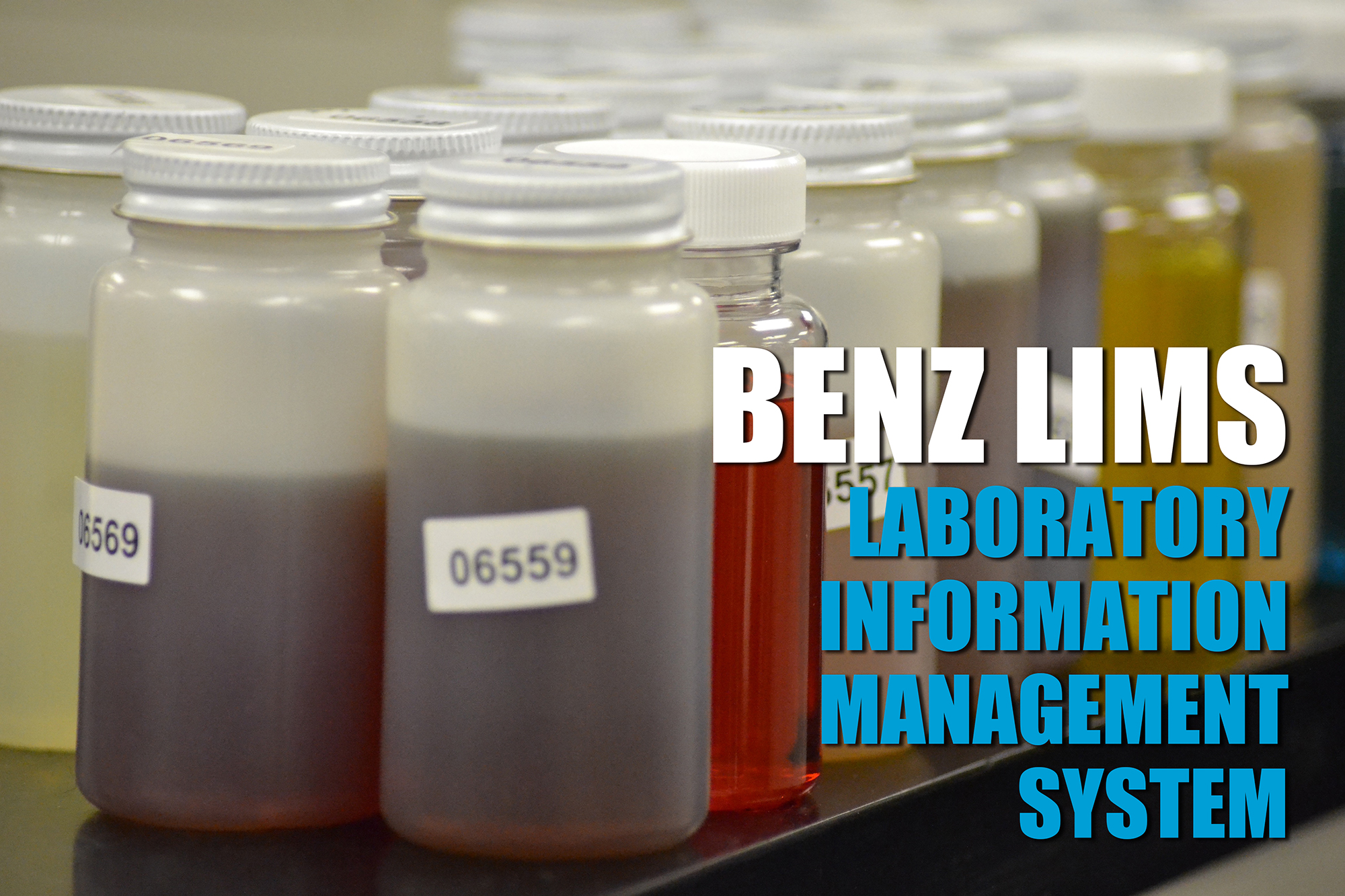Benz Matrix Gemini LIMS Case Study Published by Autoscribe Informatics

The lubrication manufacturing industry is in a constant race to make processes more streamlined and efficient. Another way of putting it is the industry seeks to not waste money with outdated workflows. With samples coming into the Benz lab daily, Benz turned to the Metric Gemini LIMS by Autoscribe Informatics to increase automation of their internal LIMS system. Benz’s testing laboratory manages three distinct types of testing:
Quality Control Each product batch made is tested, and samples are retained from each for future cross-reference.
Field Samples Customer samples may be returned to the laboratory for routine analysis. The results from this testing along with cross-referencing against the original delivered batch of product are provided to the customer within two working days of receiving the sample.
Trouble Shooting The laboratory also investigates samples on behalf of customers to ascertain if oils are becoming contaminated, and if so by what.
The laboratory supports testing of between 50 and 100 customer field samples per day. Each has a specific set of tests which needs to be run against the sample in a timely manner, with the results and any comparisons being provided back to the customer within two days. The laboratory has a variety of specialist instruments to aid this analysis including:
- ICP (Inductively Coupled Plasma) instrument which performs elemental analysis
- FTIR (Fourier-transform infrared) spectrometer to identify or confirm materials. It is typically used to identify contamination
- XRF (X-ray fluorescence) instrument also does elemental analysis
- Auto-Viscometer instrument to determine viscosity (or thickness) of the oil at the ASTM standard of 40 and 100 degrees centigrade
- Particle size analyzer used to discover the quantity and size of any contamination in the oil
- Water-in-oil contamination instrument is used to determine particles of water in oils
- Quenchalizer instrument is used to assess the dissipation of heat from a metal surface in oil. This is a key measurement to avoid combustion.
The Matrix Gemini LIMS was configured to Benz Oil’s needs, with many of the instruments now connected to the LIMS. Each product is associated with its own set of tests, streamlining the manual work required during sample registration. A key part of the reporting included being able to show records from previous testing on the same batch, to compare results and show any degradation or changes in characteristics quickly. At registration, the appropriate batch code is entered into the LIMS. As this identifies the batch of the product, the required tests are automatically assigned to the sample eliminating any potential errors at this stage and speeding up the registration process. Registration of the daily samples has reduced from 5 or 6 hours to just around 1 hour.
- Tests are now automatically assigned during registration
- Many of the instruments now directly connected to the LIMS
- Streamlined processes have improved efficiency of the lab
- Modern LIMS provides greater flexibility
The full case study is available to view more detailed results.

